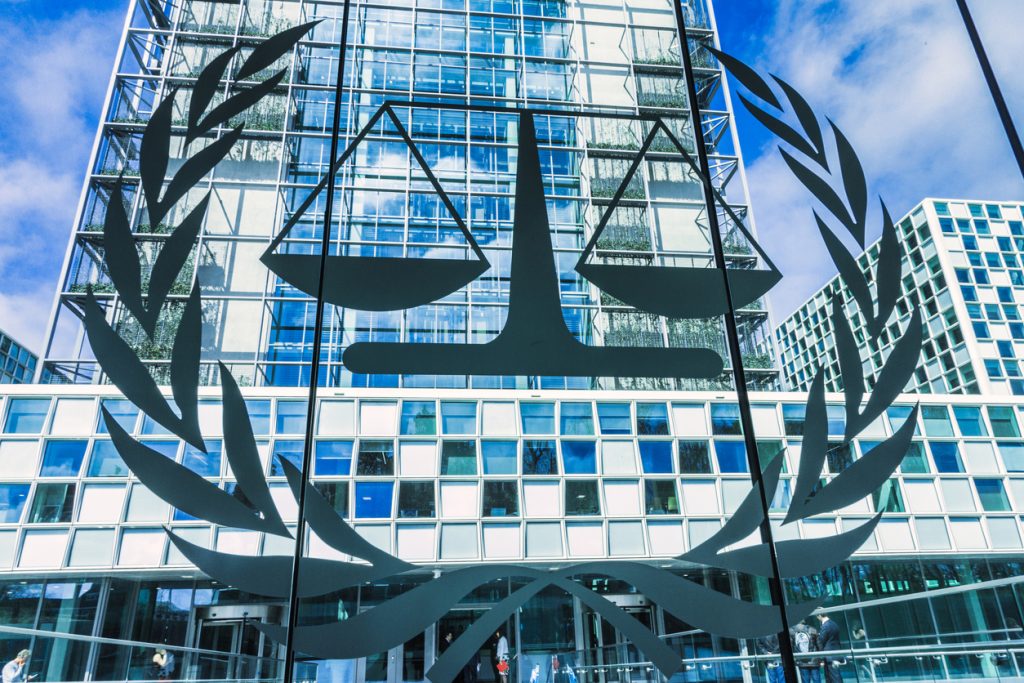Are you facing criminal charges and feeling overwhelmed by the potential consequences? Don't despair. There are options available to help you navigate this challenging situation. One such strategy is negotiating with the prosecution to have the charges dropped.
This guide will provide you with practical tips and strategies to increase your chances of a successful negotiation. By understanding the negotiation process, building a strong case, and effectively communicating with the prosecution, you may be able to achieve a favorable outcome and mitigate the negative consequences of criminal charges.
1. Hire a Skilled Attorney
The most crucial step in getting criminal charges dropped is hiring an experienced criminal defense attorney. A skilled attorney can navigate the complexities of the legal system and engage in strategic negotiations with the prosecutor. For example, if you need someone to defend you against assault crime allegations in Baltimore or anywhere else, an experienced attorney can evaluate the strength of the prosecution’s case and work to exploit any weaknesses. Whether it’s challenging evidence, filing motions, or negotiating a plea, having a knowledgeable attorney gives you the best chance of success in having charges dismissed.
2. Challenge Probable Cause
One effective way to get charges dropped is by challenging the probable cause for your arrest. If the police officer did not have sufficient reason to arrest you, the charges may be dismissed. Lack of probable cause undermines the legitimacy of the arrest, and without legal grounds, any new evidence and police report gathered afterward could be inadmissible. Your criminal lawyer can argue this point and potentially have the charges thrown out.
3. Negotiate a Plea Deal
In some situations, prosecutors may be willing to drop or reduce charges in exchange for a guilty plea to a lesser offense. This is known as a plea deal. While this doesn’t technically result in the charges being ‘dropped,’ it often leads to reduced penalties or lesser charges being filed. A plea deal can be a favorable outcome if the evidence against you is strong, but it's essential to carefully weigh the pros and cons with your attorney before accepting one.
4. Point Out Evidentiary Weaknesses
If the prosecution’s case lacks sufficient evidence to prove your guilt beyond a reasonable doubt, your attorney can highlight these weaknesses during negotiations. Prosecutors are more likely to drop charges if they believe the evidence won’t hold up in court. This could include unreliable witnesses, inconsistent statements, or missing physical evidence. Your defense team’s goal is to expose these gaps and reduce the likelihood of a successful conviction.
5. Cooperate with Authorities
In some instances, cooperating with law enforcement or prosecutors may help you get charges dropped. Providing valuable information that aids ongoing investigations or agreeing to cooperate as a witness in another case can result in leniency. Prosecutors may decide to drop charges in exchange for your cooperation, mainly if the case involves multiple parties or more significant criminal activity. However, this should only be done under the guidance of your criminal lawyer to ensure your rights are protected.
6. Pretrial Diversion Programs
Many jurisdictions offer pretrial diversion programs for first-time offenders or those charged with non-violent offenses. These programs often involve completing specific requirements like community service, counseling, or rehabilitation. Upon successful completion, the charges are often dismissed, allowing you to avoid a criminal record. A pretrial diversion is an attractive option for individuals seeking to avoid trial, but it is crucial to meet all the program conditions to ensure charges are ultimately dropped.
7. Demonstrate Good Character
Prosecutors may be more inclined to drop charges if you can demonstrate good character. Evidence such as letters from employers, community leaders, or family members that highlight your positive traits can be persuasive, especially in minor cases or if it's your first offense. Showing that you have strong ties to your community and are unlikely to reoffend may convince the prosecution that pursuing the case is not in the best interest of justice.
8. Motion to Dismiss
Your attorney can file a motion to dismiss the charges if there are grounds for it, such as violations of your constitutional rights or procedural errors by law enforcement. If, for example, evidence was obtained through an unlawful search or seizure, it may be excluded from the case, weakening the prosecution’s ability to prove its claims. A successful motion to dismiss can lead to the charges being dropped before the case proceeds to trial.
9. Discredit Witnesses
If the prosecution's case heavily relies on witness testimony, your defense team can work to discredit these witnesses. This may involve uncovering inconsistencies in their statements, exposing bias, or showing that they have a motive to lie. If the prosecutor realizes their key witnesses are unreliable or could be discredited in court, they may be more willing to drop the charges rather than risk losing the case.
10. Present an Alibi
Presenting a solid alibi can be a strong defense against criminal charges. If you can prove that you were elsewhere when the alleged crime took place, this can create reasonable doubt about your involvement. Providing clear evidence of your whereabouts, such as witness statements or digital records (like receipts or location data), may lead the prosecution to drop the charges.
Conclusion
Negotiating with the prosecution to have criminal charges dropped can be a challenging but potentially rewarding endeavor. By understanding the negotiation process, building a solid case, and effectively communicating with the prosecution, you can increase your chances of a favorable outcome.
Remember, every situation is unique, and the specific strategies that work best may vary. It's essential to consult with a qualified legal professional who can provide personalized advice and guidance throughout the negotiation process.





















